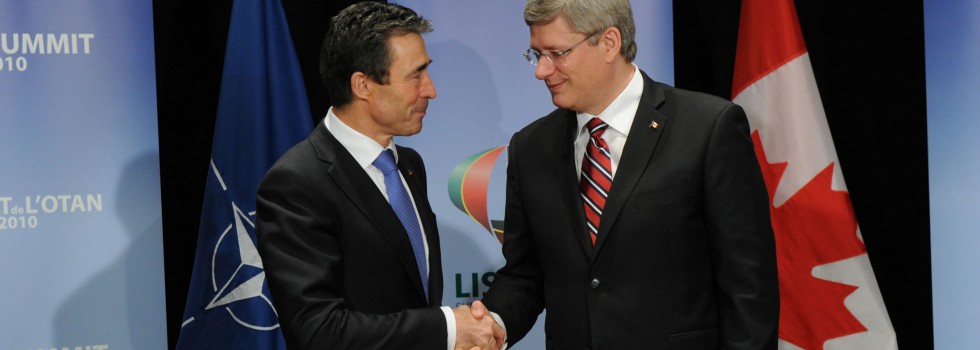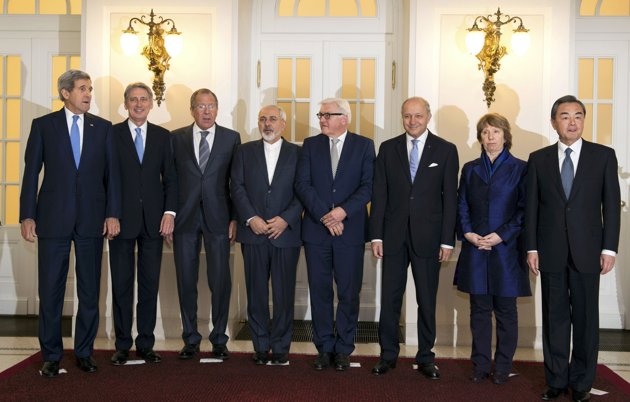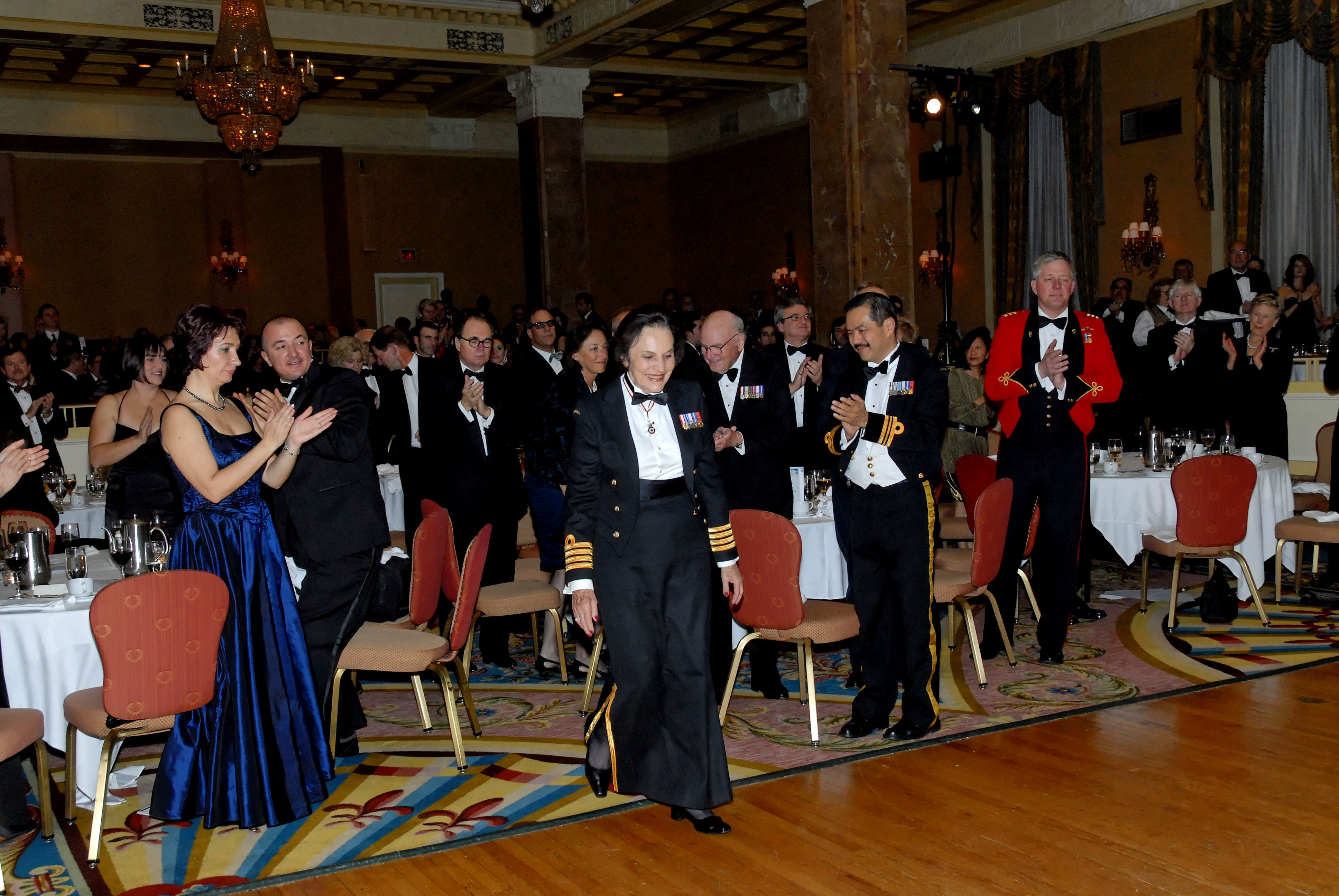 NATO’s Deputy Secretary General Alexander Vershbow’s comments on 24 November 2013 that Canada has become less willing to engage in NATO operations poses not only a challenge to Canada’s foreign policy as it relates to NATO, but also on the current and future status of NATO itself. Vershbow alludes to the “perception that Canada is deemphasizing NATO . . . in its broader security policies”, as a result of its decisions to withdraw from the Airborne Warning and Control System as well as the Alliance Ground Surveillance Program, in conjunction with the decision to leave Afghanistan in 2014. Although all of these decisions do point toward a decline in Canada’s desire to remain involved in NATO in a defense capacity, the decisions also provoke questions regarding NATO’s involvement in defense as a whole.
NATO’s Deputy Secretary General Alexander Vershbow’s comments on 24 November 2013 that Canada has become less willing to engage in NATO operations poses not only a challenge to Canada’s foreign policy as it relates to NATO, but also on the current and future status of NATO itself. Vershbow alludes to the “perception that Canada is deemphasizing NATO . . . in its broader security policies”, as a result of its decisions to withdraw from the Airborne Warning and Control System as well as the Alliance Ground Surveillance Program, in conjunction with the decision to leave Afghanistan in 2014. Although all of these decisions do point toward a decline in Canada’s desire to remain involved in NATO in a defense capacity, the decisions also provoke questions regarding NATO’s involvement in defense as a whole.
When NATO was founded in 1949, it was created as a deterrent to the threat of the Soviet Union during what would become the Cold War. However, the Cold War never heated up and NATO’s defense organs were not utilized for anything other than small proxy wars. Even then, NATO was not involved in any major crisis management operation until Bosnia & Herzegovina in 1995. Since 1949, Article V, arguably the most important article of the Washington Treaty, has been invoked only once, in the aftermath of 11 September 2001. Although the invocation of Article V during this crisis has been discussed ad nauseum, the fact remains that collective security has not been implemented by military means, but rather by political deterrence, albeit backed by hard power, for nearly fifty years.
In the aftermath of 9/11, NATO’s role changed. Not only did NATO become increasingly involved in conflicts between non-state actors, it also became increasingly focused on military affairs: NATO became involved in Afghanistan (against al-Qaeda) in 2003, Libya (in response to civil war) in 2011, and has been highly involved in discussions regarding the possibility of intervention in various other conflicts throughout the past decade.
These actions all indicate a move toward an increasingly militant approach to collective security by NATO in both intra-state conflicts and those against non-state actors. Although NATO’s decision not to intervene in Syria indicates the unwillingness of the coalition to enter militarily into non-member conflicts, conflicts that do not specifically concern the security of member states, and particularly without a mandate from the UN, there is no evidence to suggest that NATO would not respond militarily should the interests of a member country be attacked. There is also no evidence to suggest that NATO would be willing to engage in any military activity, even for the benefit of member states, without a mandate of the UN. Even in Afghanistan, NATO did not formally engage in military operations in Afghanistan until it took over leadership of the International Security Assistance Force in 2003. The Coalition of the Willing that the United States led into Afghanistan did not occur until UN Resolutions 1383 (2001) and 1386 (2001) confirmed the need for military action in response to 9/11.
The questions thus arise: what is NATO’s current purpose, and what will the role of NATO be in the coming years? Will NATO continue to function in a military capacity backed by hard power, or will it return to its time-honoured tradition of political intervention through hard power, as the nearly non-existent possibility of Syrian intervention indicates? If the period of 2001-2011 is merely an aberration in the norm of NATO actions, and the coalition is indeed moving away from military intervention and toward political intervention, then why are Canada’s actions being taken so seriously and with so much contempt? Perhaps Canada is actually leading the curve by reshaping the focus of its foreign policies from a militaristic focus and toward a political model.




